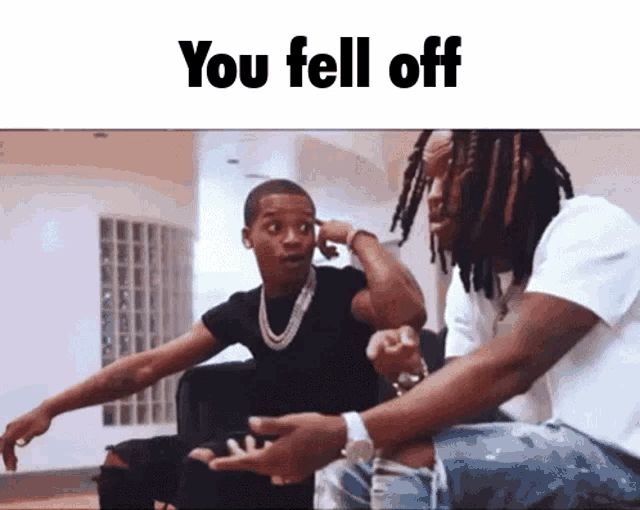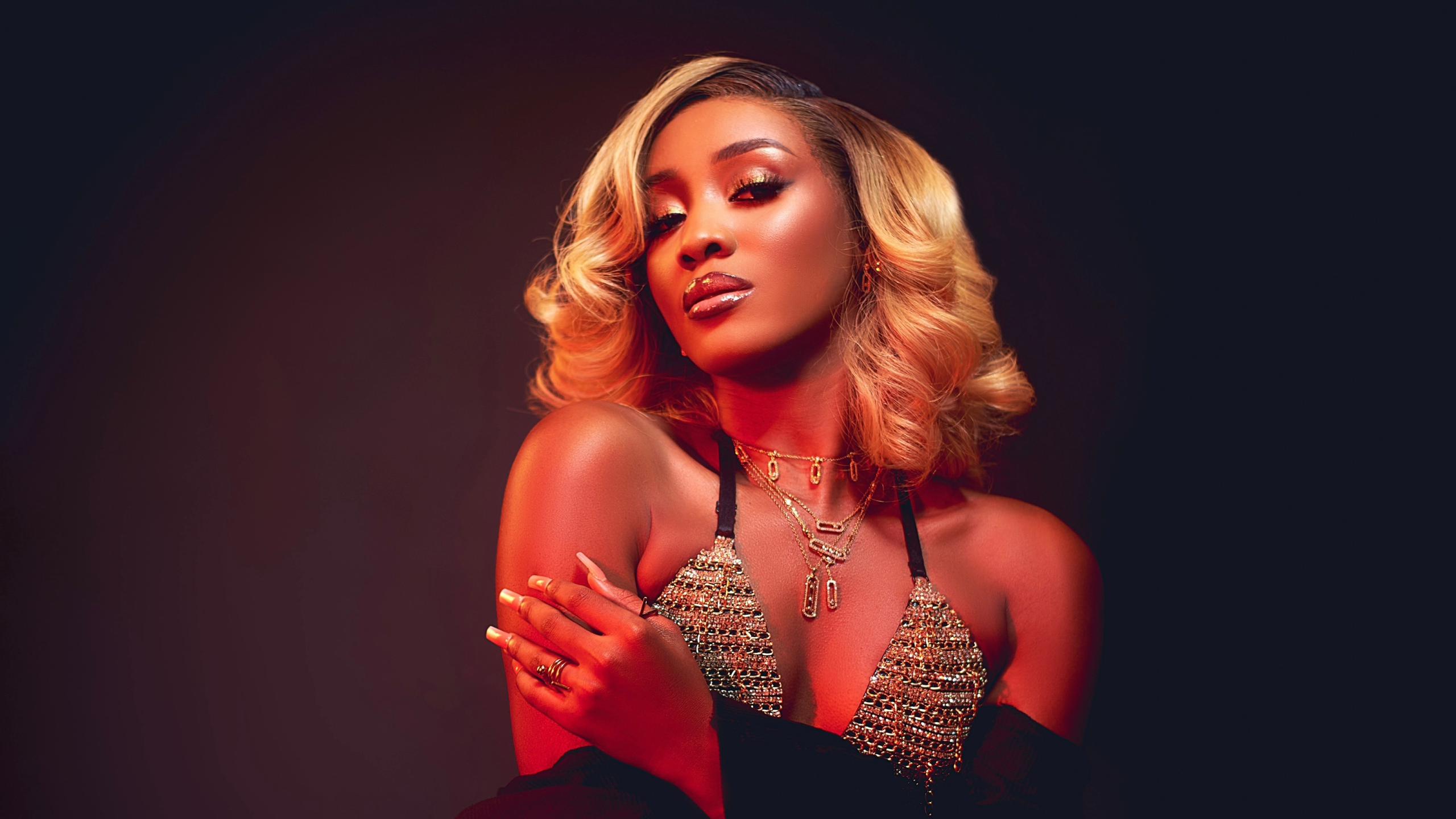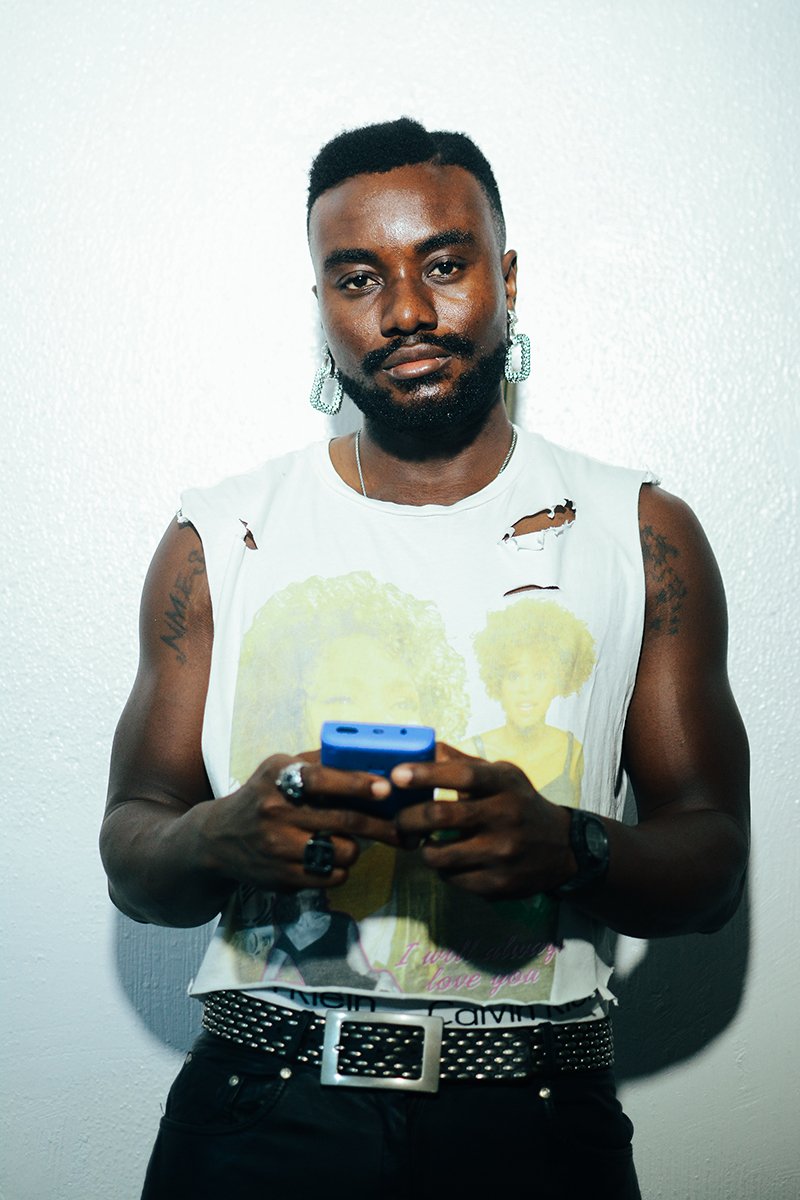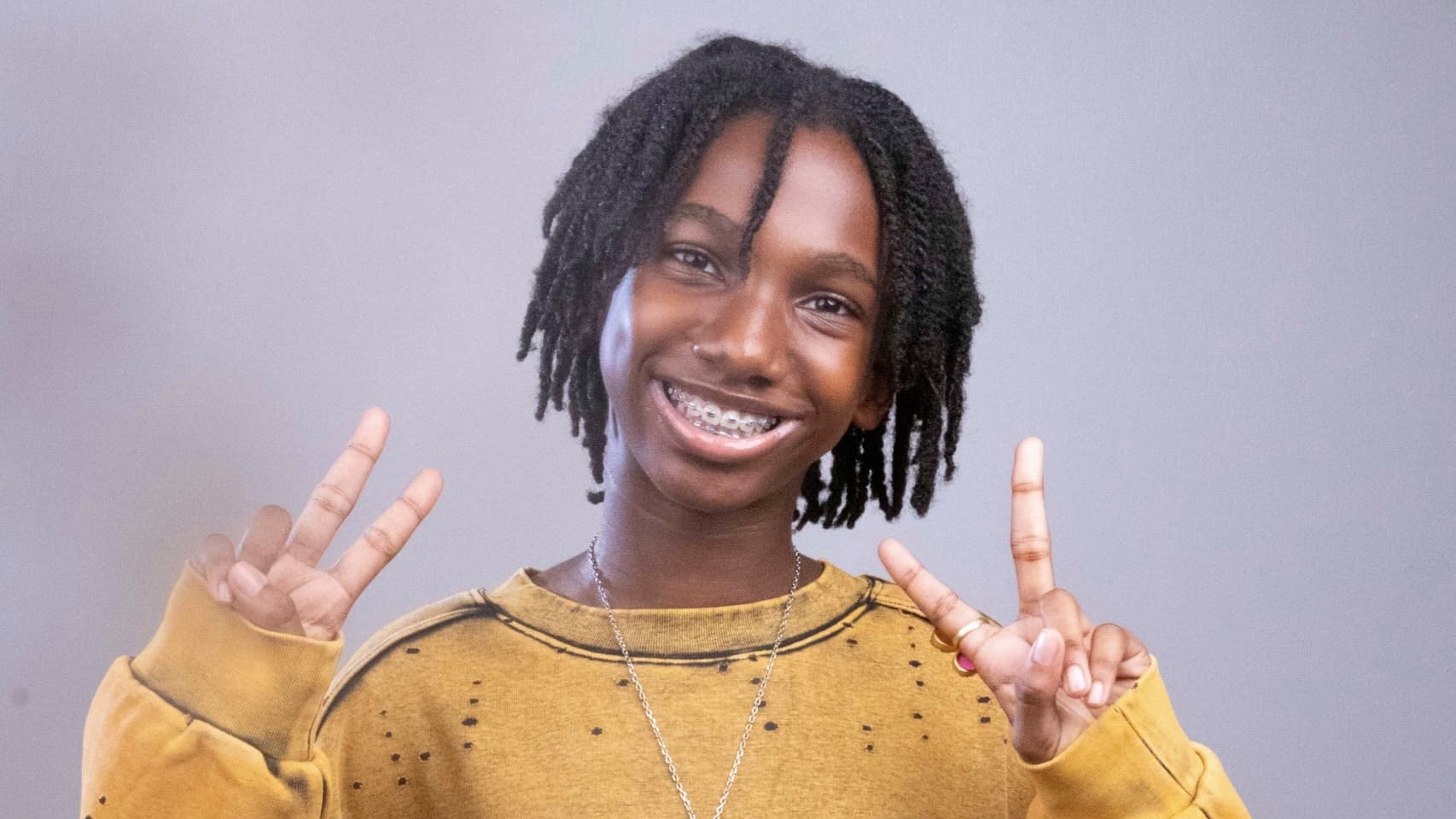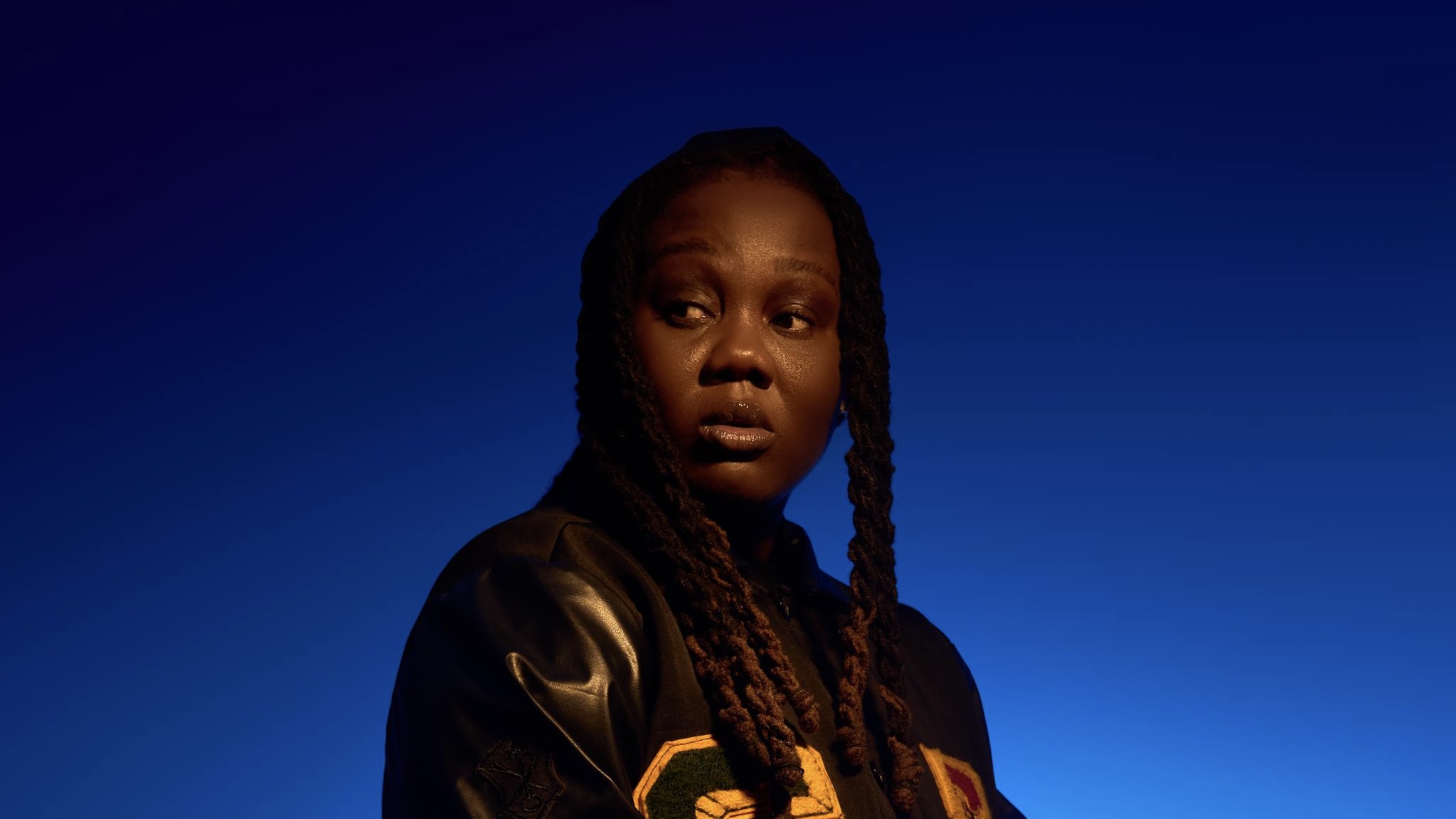“You Fell Off”
That’s what they said to Drake after Not Like Us. To Kendrick after Mr. Morale & The Big Steppers stumbled. To Cole for not dissing Dot. And to every superstar at some point in their career. It’s arguably the most abused phrase by fans nowadays, and it has also found its way into the Nigerian music industry. Nobody is spared from these allegations, not the Big 3, 4, or any other number.
Not too long ago, Afrobeats became a global sensation and was the world’s worst-kept secret. Now, suddenly, we have to debate whether it’s still hot.
Afrobeats: Billboard Baby
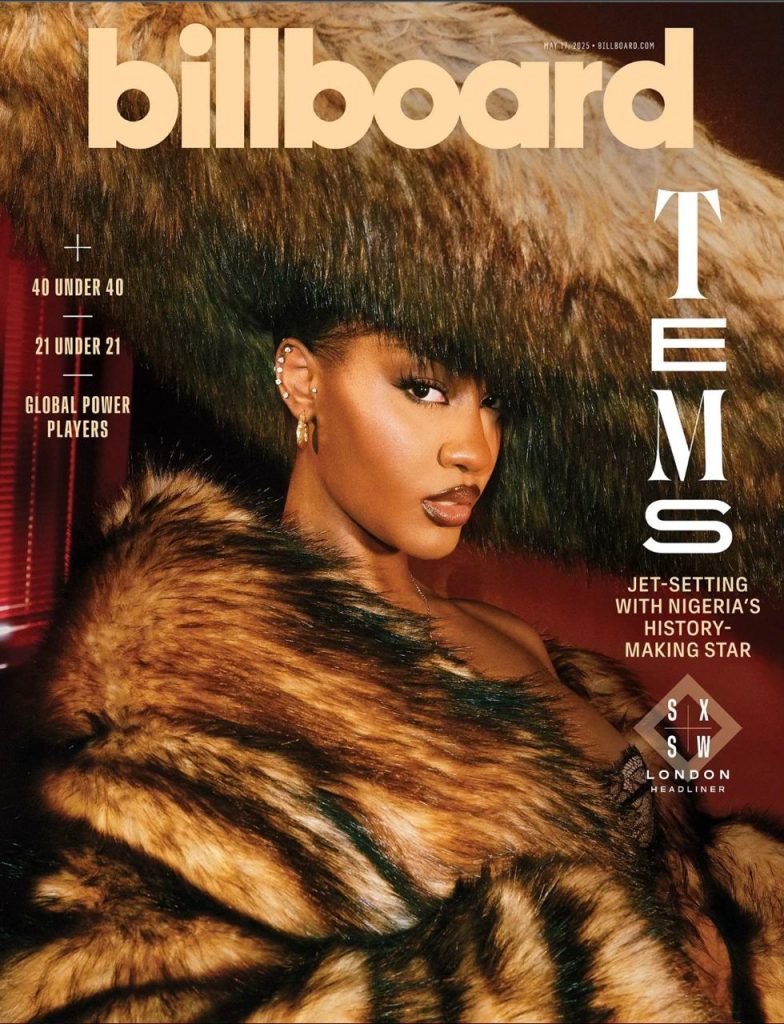
The saying ‘There are weeks where decades happen’ was Afrobeats’ story at the dawn of the 2020s. For several years before that, moves had been made to take Afrobeats to the world, but nothing had come of it yet. Then, as the world battled the COVID-19 pandemic, Wizkid’s Made in Lagos album crept into our hearts and the charts. It debuted on the Billboard 200 chart in November 2020 and did one better the following year.
It produced Essence, the first Nigerian song to chart on the Billboard Hot 100 and the Billboard Global 200. Essence was the unofficial summer jam and broke into the Top 10 (who knows, it might have been higher if Big Wiz had released a video). This opened the floodgates as more and more Afrobeats songs entered the Billboard Hot 100. There were Love Nwantiti, Last Last, and Peru, amongst others, and then the biggest, with a peak position of number 3, Calm Down. Calm Down’s achievement might have been underappreciated or taken for granted because we had become accustomed to our stars’ Billboard entries: Burna Boy has 6, Tems has 5, and Wizkid has 4. Similarly, we witnessed Nigerian albums debut on the Billboard 200. Asake, Rema, and CKay, to name a few, saw their projects hit the biggest chart.
To crown Afrobeats’ chart successes, songs from the genre won the Holy Grail—the GRAMMY. And more than once. Men and women; OGs and new cats alike. It was so dominant that it led to the creation of the African Music category. This also extended to other prestigious awards like the Billboard Music Awards, MTV VMAs, and the BET Awards.
Afrobeats stars have also graced the biggest stages globally. From the World Cup to the NBA and the Champions League, the music literally travelled with no visa. It was present in shopping malls, movie soundtracks, clubs, lounges, and even places you didn’t know existed.
On the metrics side, Afrobeats streams have grown by 550% since 2017, with total streams surpassing 13B, and Nigerian artists earned about $38 million from Spotify alone last year. Impressively, some of the top cities for streams include London, Paris, and Amsterdam.
Afrobeats has become unavoidable, which is why talks of “falling off” seem laughable until you consider recent happenings.
Cancelled shows: A cultural recession?
Over 7 dates have reportedly been canceled on Wizkid’s upcoming North American “Morayo Live” Tour. The news made the rounds some days ago, much to the dismay of his fans.
The locations include CFG Bank Arena in Baltimore, Toyota Centre in Houston, RTM Stage in Rotterdam, Madison Square Garden in New York, Scotiabank Arena in Toronto, State Farm Arena in Atlanta, Velodrom in Berlin, and Accor Arena in Paris.
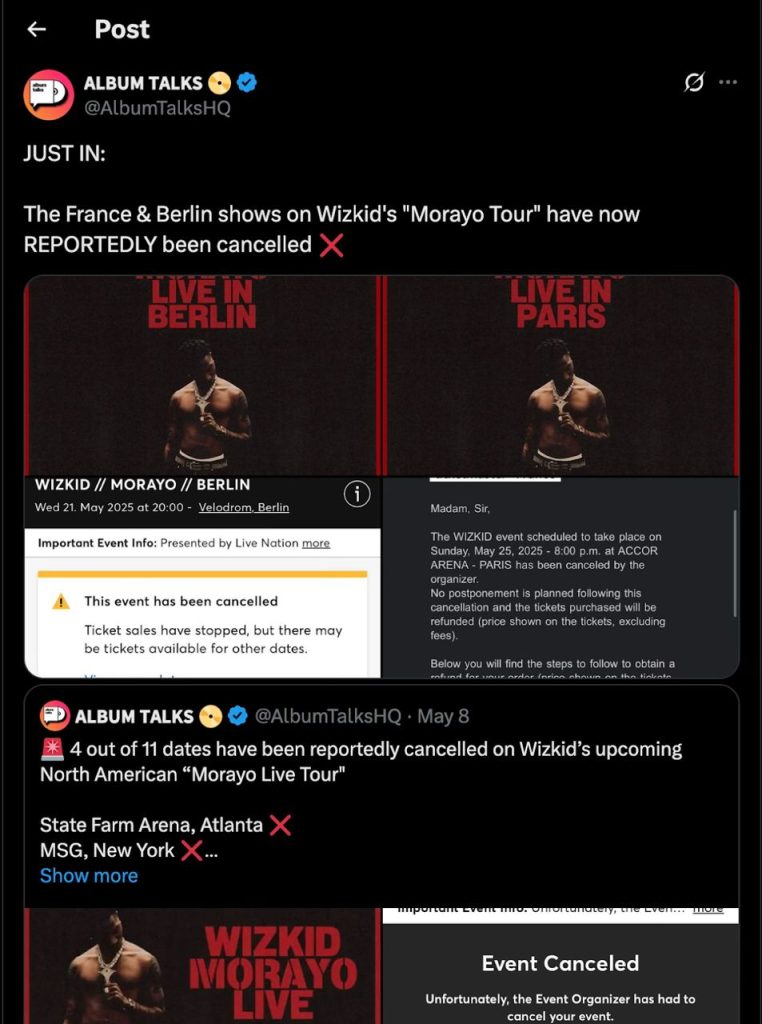
So far, the Grammy-winning artist’s team has not issued an official press release. Naturally, these activities, or the lack thereof, have caused controversy.
Osi Suave, an industry insider, played down the significance of Wizkid’s concert cancellations. He spoke about how poor planning, conflicting priorities, and logistical issues could have affected the shows.
Sadly, lightning struck twice.
Kizz Daniel also cancelled two of his US shows, meant to take place at CFG Bank Arena, Baltimore, and The Wiltern, Los Angeles. At this time, there hasn’t been any more news on this from his team.
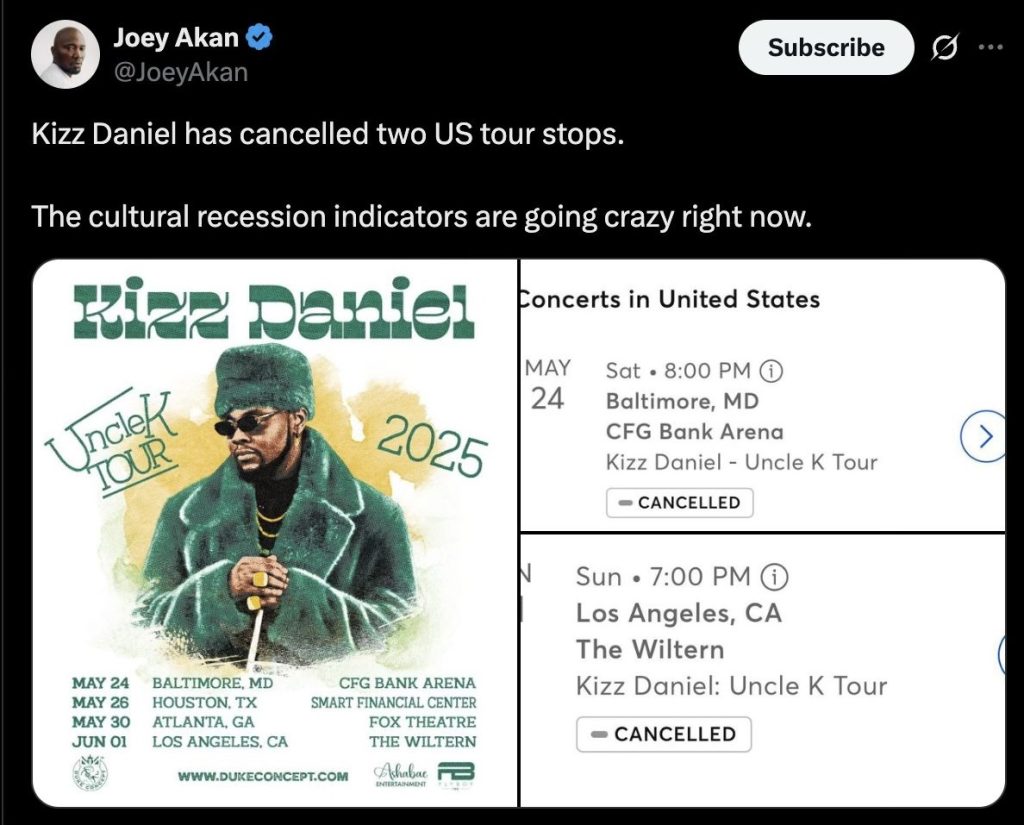
Moreover, Motolani Alake gave an insightful breakdown of how the ‘sold-out concert’ concept is a vanity metric. The music executive pointed fingers at everybody in the music ecosystem: artists, artist teams, labels, and the audience.
Some of Afrobeats’ biggest stars have been breaking new frontiers while touring, which is perhaps proof that Wiz and Vado’s no-shows were isolated incidents. Recently, Burna Boy sold out the 80,000-capacity Stade de France, Paris, while Rema sold out the 20,000-capacity Madison Square Garden (MSG), New York, as part of their world tours. Some weeks ago, Fireboy performed at the prestigious Royal Albert Hall, London, and Ayra Starr supported Coldplay last year on their 2024 world tour.
On the one hand, we have artists selling out major arenas globally, spreading the Afrobeats gospel. On the other, top artists are cancelling their shows with zero clues as to the reason why.
Granted, there are two sides to every story, but which one seems more plausible right now?
Industry Ops
Joey Akan stoked fires when he insinuated that Afrobeats had fallen off. He waxed lyrical about a cultural recession in the game and mentioned some indicators, such as economic and structural problems. This got people out of their seats, each one giving reasons supporting or arguing against the claim. His supporters mentioned how Afrobeats’ success hasn’t translated to local success or the breeding of other superstars. On the other hand, his detractors called his points overly sensational, stating how he made a mountain of a molehill, using the recent feats of our Afrobeats stars as case studies.
While all of his claims are valid, one could make the same argument for other genres.
For example, Hip-Hop sales have notoriously declined in recent years, going from 28.3% to 25.8% in 2023. While you can posit multiple theories for this, the absolute truth is that this decline is relative to the global music growth and the rise of other genres like Latin and Country music.
So, why then should we expect any difference for Afrobeats?
What’s next for Afrobeats?
To some, the ‘Afrobeats to the world’ mantra has been smoke and mirrors. The local market hasn’t benefited from this ‘success,’ as we have only built castles in the sky and nothing for the grassroots.
Also, the creative side seems to be in a rut. Only a handful of artists have been successful; the genre hasn’t been dominating the charts like before, and the industry has fewer superstars. Moreover, the music isn’t even locally owned anymore, as international labels are now running the show through the multi-million dollar deals they’ve handed out. What happens when they come calling and the endowments haven’t been recouped?
However, we mustn’t forget how far the industry has come. We didn’t always have Billboard hits, sold-out shows, and many international awards. Back then, we had dreams wrapped in poor strings and wishful thinking. This is why we must be grateful for this moment and savour it.
The strides Afrobeats has made in recent years are a testament to years of compounded effort. Not a shiny toy syndrome, we’ve garnered some achievements and have tangible results to show for it. While the impact hasn’t been fully felt in our local industry, it is still a work in progress. Hopefully, it doesn’t take too long.
In the meantime, the question on everyone’s lips remains: what’s next for Afrobeats?
